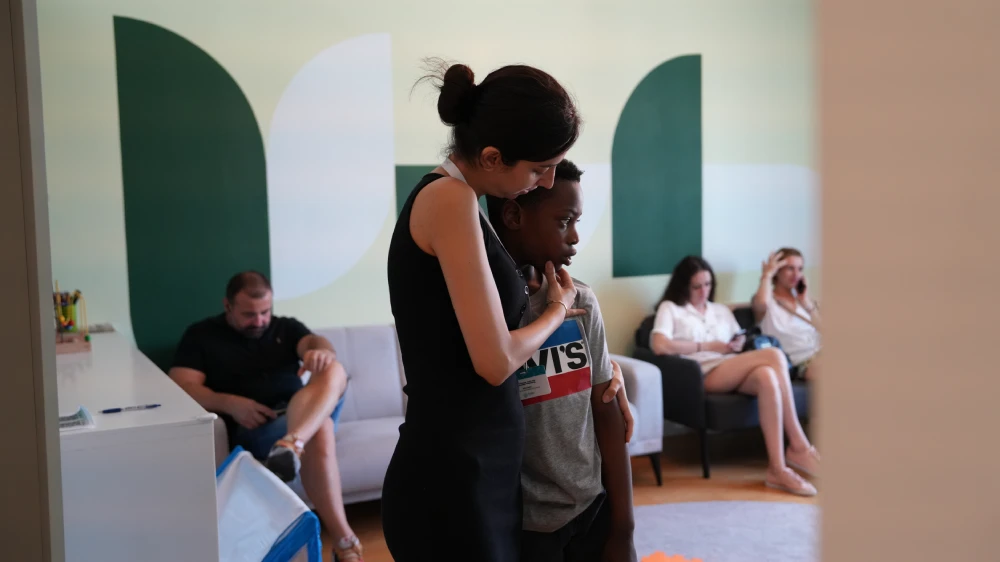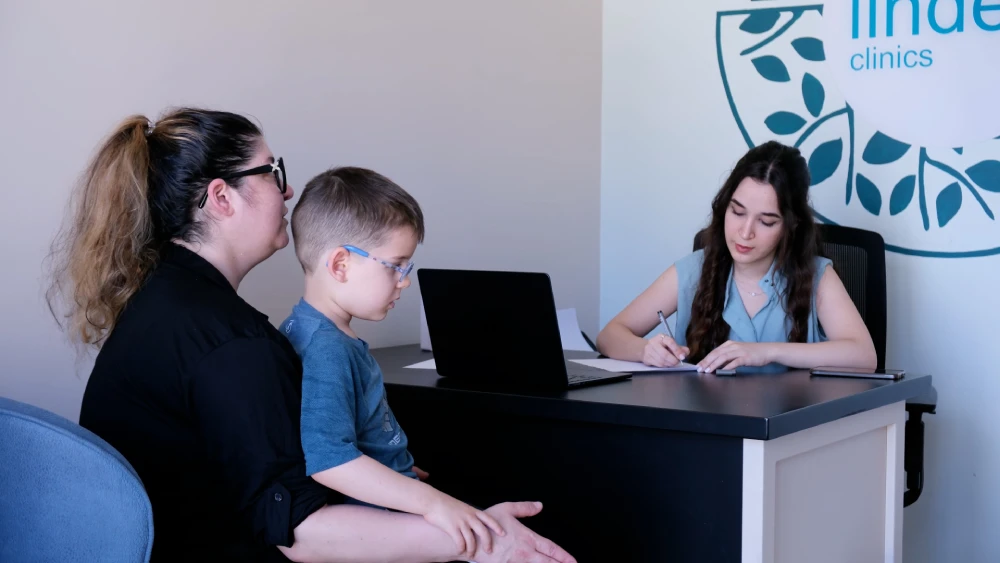Introduction
Early intervention has become a buzzword in various fields, from healthcare to education. Recent research has shed light on the profound impact of timely action in addressing developmental, behavioral, and health issues.
Raising a child with autism spectrum disorder (ASD) can be challenging, yet immensely rewarding. One of the most critical steps on this journey is early diagnosis. Let’s explore why early diagnosis in autism is so crucial and how it can positively transform your child’s life.
The Meaning of Early Diagnosis in Autism
2.1. The Autism Spectrum: A Unique Journey
Every child with autism is unique. Some children struggle with communication, while others find social interactions challenging. Early diagnosis is the first step in understanding your child’s needs on this unique journey and providing appropriate support.
2.2. Brain Plasticity: The Magic of Early Intervention
A child’s brain possesses incredible flexibility. In early years, the brain is more susceptible to forming new connections and reshaping itself. That’s why early diagnosis and intervention in children with autism are worth their weight in gold.
The Impact of Early Diagnosis: A Future Filled with Hope
3.1. Improved Communication Skills
Children with autism who receive early diagnosis benefit more from language and communication therapies. Imagine that moment when your child says “I love you” to you… Early intervention can turn this moment into reality.
3.2. Enhanced Social Interaction
The social world can be complex for children with autism. Early diagnosis and appropriate therapies help your child make friends, learn to play, and understand social cues.
3.3. Reduction in Behavioral Challenges
Early diagnosis allows you to understand and manage challenges like repetitive behaviors or sensory sensitivities often seen in children with autism. This can create a calmer, happier home environment for both your child and your family.
3.4. Increased Academic Success
Children with autism can achieve incredible things with the right support. Early diagnosis and intervention better prepare your child for school life. Who knows, perhaps the great scientist or artist of the future could be your child!
3.5. Improved Family Dynamics
Early diagnosis benefits not just your child, but your entire family. As you better understand autism, you learn how to communicate with your child and support them. This strengthens family bonds and reduces stress at home.
Steps Towards Early Diagnosis
Watch your child’s behaviors carefully. Do they struggle with eye contact? Do they respond when their name is called? These observations are invaluable for early diagnosis. If you have any concerns, make sure to share them with your pediatrician. Remember, you know your child best. If there’s a suspicion of autism, expert evaluation is crucial. Early diagnosis means early intervention.

Challenges and Considerations
5.1. Accessibility Issues
Despite its proven benefits, early intervention services are not always readily available or accessible to all families. Factors such as socioeconomic status, geographical location, and awareness can impact access to these crucial services (Rosenberg et al., 2008).
5.2. Cultural Sensitivity
Research has highlighted the importance of culturally sensitive early intervention approaches. A study by Culp et al. (2000) emphasized the need for programs that respect and incorporate diverse cultural practices and beliefs.
Conclusion
Autism journey can sometimes be challenging, but it’s filled with hope and love. Early diagnosis is the most important tool that will empower you and your child on this journey. Seize this opportunity to discover your child’s potential and support them in the best way possible.
Remember, every child is special, and every child with autism enriches our world with their unique abilities and beauty. Early diagnosis is a golden key that will help these special children shine.
Would you like to share your experiences with autism and early diagnosis? We look forward to your comments. By learning and sharing together, we can build a better future for our children with autism.
What are your thoughts on early intervention? Have you had any experiences with these programs? Share your stories in the comments below!
REFERENCES
Culp, A. M., Osofsky, J. D., & O’Brien, M. (2000). Language patterns of adolescent and older mothers and their one-year-old children: A comparison study. First Language, 20(58), 41-64.
Rosenberg, S. A., Zhang, D., & Robinson, C. C. (2008). Prevalence of developmental delays and participation in early intervention services for young children. Pediatrics, 121(6), e1503-e1509.
